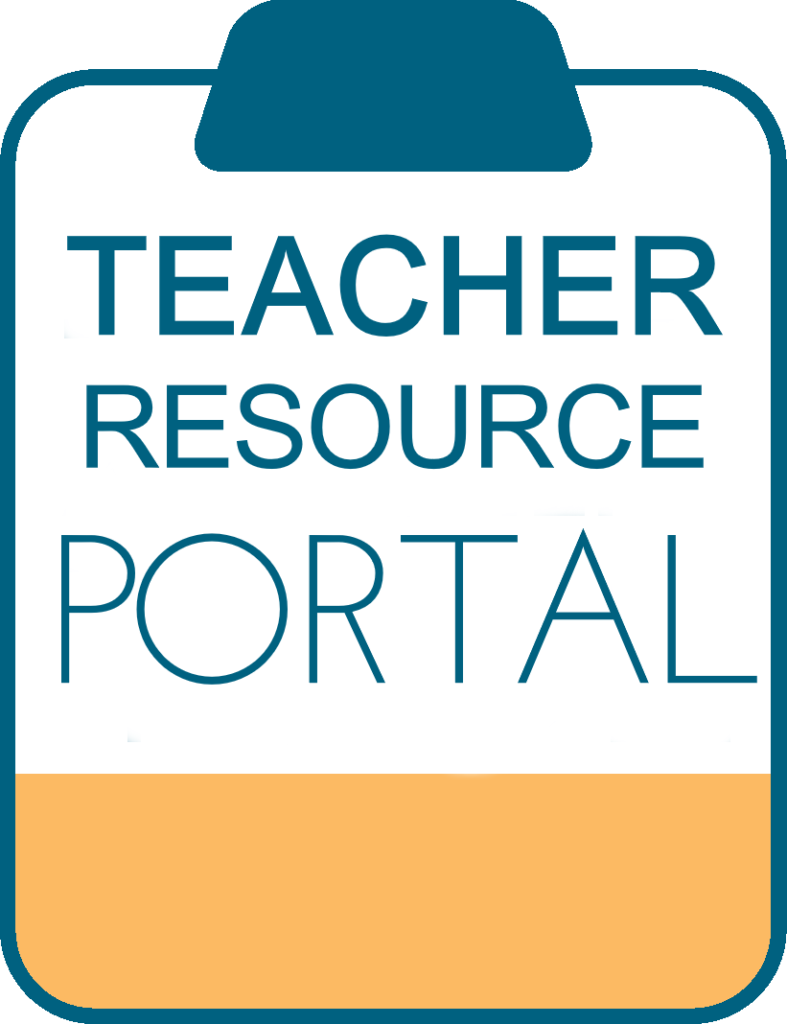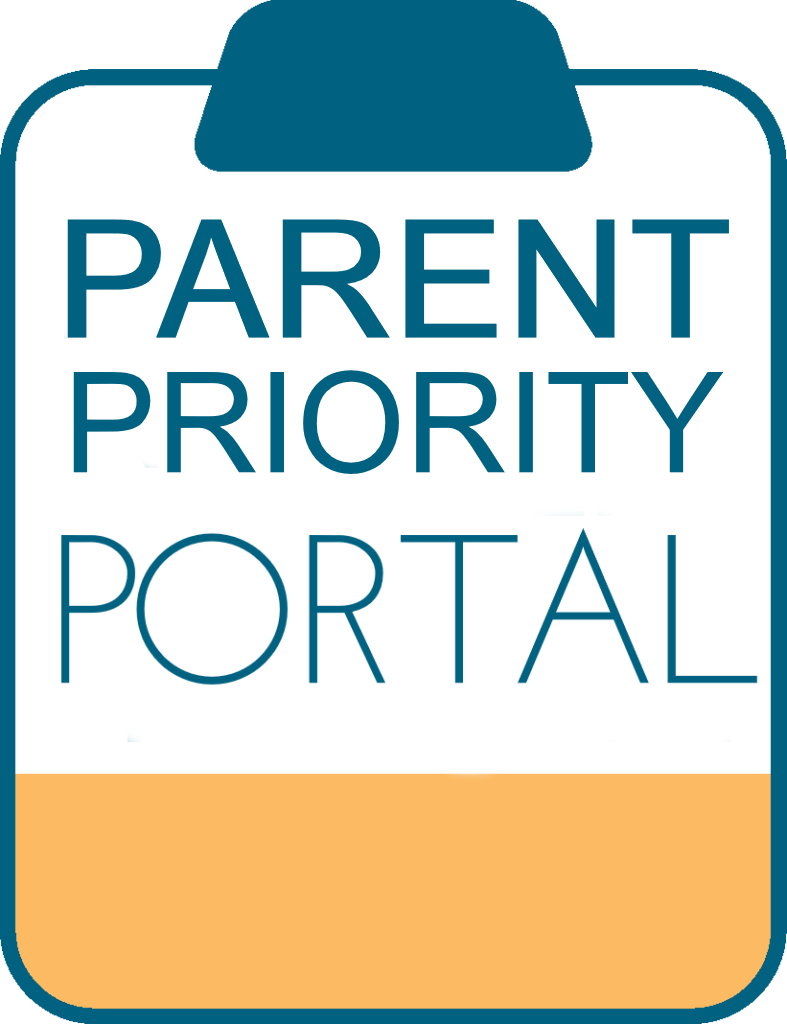RAYNA: We’re so excited today to have Dr. Gene Sambataro with us. He is a local dentist in the area. We’ve had you with us before Dr. Gene. You’ve come in and spoken with our students at the Cooperative. And now what we’d like to talk to you about is health. That is a required subject with COMAR. So when you’re a homeschooler, it’s important that you teach your child about health. So can you explain to parents what you think they should be teaching their children when it comes to the overall health of their children’s teeth?
DR. GENE: Absolutely. I’d be glad to, and I think they need to understand there’s a bi-directional relationship. So what we put into our body in terms of food and nutrition and supplements, that’s going to have a direct effect on the health of the mouth and maintaining a healthy mouth through daily hygiene, which may include brushing, flossing, possibly some oral rinses, that’s going to have a direct effect on the overall health… 85 to 90% of all disease has some correlation to the mouth. So that’s pretty significant. So we know that there’s a connection and we see it and I said, it’s bi-directional. If someone’s got poor nutrition, we also see breakdown in tooth structure. We will see inflamed gums. We can see it in the other soft tissues of the mouth.
RAYNA: That’s a lot of great information. Can you remind us where exactly again, is your location, where your practice is held?
DR. GENE: I’m at Dorsey hall. Which is a, you know, Columbia area, but it’s a Ellicott City zip code. So I’m right off of Rt 29 and Rt 108.
RAYNA: What sets your practice apart?
DR. GENE: We don’t want to add to the potential toxicity that could occur knowing that there’s relationship between the mouth and the rest of the body. So we don’t, we do not recommend fluoride for our children. There are many, many other alternatives that are non-toxic. You can look on the back of many toothpastes and it actually says “…if swallowed call poison control.” So I don’t know why you would ever want to put that in a child’s mouth. We work with our children to make sure they understand how important oral hygiene is.
RAYNA: That’s a great pivot point. Let’s talk about nutrition for a second. So when you’re giving this education to your patients, and a lot of them are young patients as well, correct?
DR. GENE: I’d say the youngest is probably two years old.
RAYNA: You can be as young as two. So it’s great that you actually take the time to explain how nutrition ties in, how sleep apnea may tie in and the overall importance of mouth health.
DR. GENE: Well, we want to address things at an early age as possible. Prevention is always going to be an easier path to follow in terms of treatment needed down the road, but also, you know, from a parent’s perspective, less expensive. Let’s face it, you know, dental care is not, you know, it could be unaffordable for some people. So if we can prevent that, just like in anything in medicine, you know, many of these things can be treated early on by prevention and nutrition is probably the key. And unfortunately we’re in a, we’re in a time now when it’s becoming more and more difficult because everything’s processed. And I think your audience is already probably in tune to that. I think people who choose to homeschool are much more educated in terms of what they’re putting in their children’s mouth. So, that’s going to have an overall effect in their health also. And you said it, about sleep apnea. You know, I’ve been treating adults sleep apnea since the 1990s. And then one day it just kind of struck me and said, well, we’re treating on this end of the spectrum. What if we went down stream, and tried to treat children when they’re two or three years old, so they don’t become adults that are now dealing with sleep apnea because a lot of the sleep apnea is due to an obstruction from the tongue, which is related to poor growth and development that didn’t occur from a number of things 1.) not breastfeeding long enough, 2.) not the proper nutrition. And when I say proper nutrition, not just healthy food, but foods that kids need to chew with. They need to chew. That chewing process, stimulates growth and development of the jaw. We do know that children do have snoring and bruxism, meaning they grind their teeth. These are all indicators of sleep problems, and there’s a strong connection between that and ADD and ADHD.
RAYNA: Wow, you have touched upon a lot of hot buttons, a lot of topics that could be their own conversation. Dr. Gene, can you let us know where we can find you online?
DR. GENE: Yes. You can find me at www.juliandental.com and I want to add one last thing quickly, because this is some research that just came out and this applies not just to the children, but even the parents. Good oral hygiene they’ve shown can help prevent some of the transmission of COVID-19. Any virus. So we know that the entry point is through the nasal passages and through the mouth. So if we have good oral microbiome that will support healthy and also creates a good shield against these viruses that we’re going to get exposed to after the lockdowns and the masks go away. We’re still going to be dealing with that, so…
RAYNA: That’s important information to know and very timely. Thank you very much for your time and…
DR. GENE: Thank you!
—————————–
Thanks for tuning in to another episode of the HCHC podcast. For more information or to enroll your child in our homeschool Leadership Academy, visit us online at www.hchckids.com. Call (802) 424-2099 or send your email queries to admissions@hchomeschooling.org

